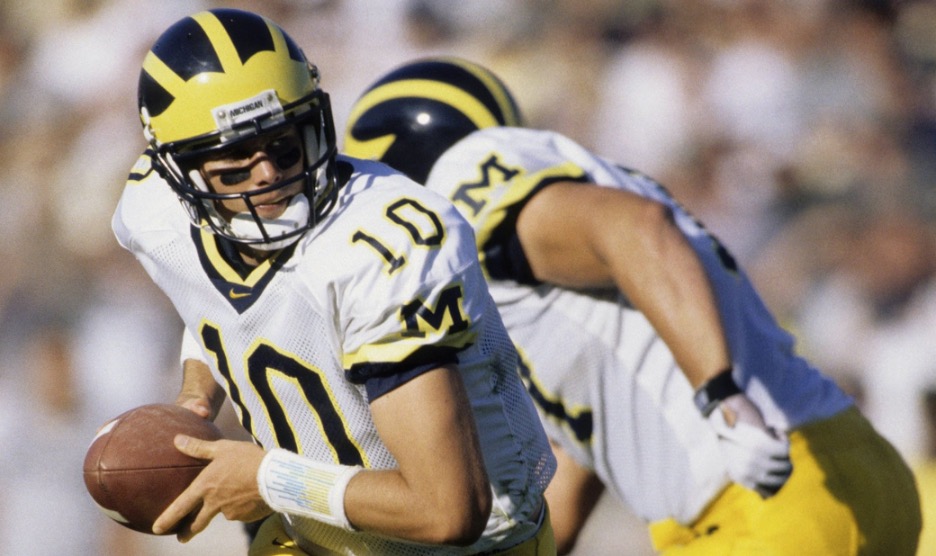College Education, Life on Campus
Sports as a Scholarship Strategy: How Athletic Commitment Opens Doors in College
Editorial Staff

Collegiate sports provide student-athletes with more than just the opportunity to excel in their chosen sport; they open pathways to academic and career success through scholarships. These scholarships play a crucial role in helping students pursue higher education, alleviating the financial burden that comes with it. Participation in sports can lead to significant academic advancements, with many athletes becoming notable figures in professional sports.
Collegiate Athletic Programs and Scholarship Opportunities
Collegiate athletic programs serve as a gateway for many students to access higher education through scholarships. These programs not only focus on the development of athletic skills but also provide significant financial aid for students who may not otherwise afford college tuition.
Whether through Division I, II, or III programs, student-athletes have the chance to gain scholarships based on their talent, dedication, and performance. Scholarships range from partial to full coverage of tuition, room, board, and other educational expenses, making these opportunities invaluable.
Colleges that participate in NCAA Division I and II athletic programs offer substantial scholarships to their student-athletes. Division I schools, known for their competitive athletic programs, often provide full scholarships covering tuition, fees, and living expenses.
Meanwhile, Division II schools offer partial scholarships but still make higher education accessible to athletes. The difference between these divisions lies in the size of the programs and the resources available, but both provide life-changing opportunities.
Eligibility Criteria for Athletic Scholarships
To be eligible for athletic scholarships, student-athletes must meet specific criteria set by both the college and governing bodies like the NCAA or NAIA. These criteria include academic qualifications, standardized test scores, and maintaining athletic performance.
Student-athletes must also follow the recruitment rules and guidelines, ensuring they remain eligible throughout their collegiate career. Colleges evaluate the potential impact an athlete can have on their sports teams and offer scholarships accordingly.
While athletic prowess is crucial for scholarship consideration, maintaining good academic standing is equally important. The NCAA enforces minimum GPA requirements to ensure that student-athletes prioritize their studies while competing at high levels. Failing to meet these academic standards can result in the loss of scholarships or eligibility to participate in collegiate sports.
The University of Michigan’s Athletic Influence
The renowned athletic programs at the University of Michigan and Michigan State University, which have propelled athletes like Tom Brady and Magic Johnson to fame, also foster a vibrant community spirit.
This enthusiasm for sports extends beyond the campuses and into the realm of Michigan sports betting, where fans engage with their favorite teams in new and exciting ways. Participation in these programs opens doors to sports scholarships, offering students the financial means and academic resources necessary for higher education.
With the rise of sports betting in Michigan, collegiate sports have gained additional layers of excitement for fans. Platforms provide new ways for fans to engage with their favorite teams, creating a symbiotic relationship between university athletics and the local sports community.
Magic Johnson’s Collegiate Success
One of the most iconic figures in sports history, Earvin “Magic” Johnson, began his illustrious career as a student-athlete at Michigan State University. Johnson led the Spartans to an NCAA Championship victory in 1979, a pivotal moment that not only solidified his place in basketball history but also opened the doors to a successful NBA career with the Los Angeles Lakers.
His time in college was a stepping stone, showing how collegiate sports can transform athletes into global stars.
Magic Johnson’s influence extends beyond his own success. His story inspires countless athletes aiming to use collegiate sports as a platform to achieve greatness. His journey from Michigan State to the NBA underscores how college programs can nurture talent, providing both athletic and academic opportunities.
Tom Brady’s Rise From Michigan to NFL Stardom
Before becoming a seven-time Super Bowl champion, Tom Brady was a student-athlete at the University of Michigan. Brady’s performance at Michigan earned him a spot in the NFL Draft, where he was selected by the New England Patriots. His success story is a testament to how collegiate sports provide a foundation for long-term professional careers.
At Michigan, Tom Brady showcased not only his football skills but also his leadership, guiding the Wolverines to an Orange Bowl victory in 2000. His college career laid the groundwork for one of the most decorated professional sports careers in history. Brady’s journey proves that collegiate athletics can be the first chapter of a legendary career.
Financial Relief Through Sports Scholarships
One of the most significant advantages of participating in collegiate sports is the financial relief scholarships provide. For many student-athletes, scholarships make higher education attainable, covering not only tuition but also housing, textbooks, and meals. This financial aid is critical for students from low-income backgrounds who might not otherwise afford the high costs of college education.
Student-athletes may receive full or partial scholarships, depending on their sport, school, and performance. Full scholarships cover all educational expenses, while partial scholarships may cover specific costs like tuition or books. In either case, these scholarships significantly reduce the financial burden on students and their families.
The Role of Athletic Programs in Career Advancement
Participating in collegiate sports can significantly influence a student-athlete’s career trajectory. Beyond scholarships, these programs provide networking opportunities, mentorship, and exposure to professional sports scouts. The rigorous training and discipline required in college sports also prepare athletes for the professional world, both in and out of sports.
Athletic programs often connect student-athletes with alumni, coaches, and professionals who can offer guidance and career opportunities. These relationships can be invaluable as athletes transition from college to professional sports or other career paths.
SEE ALSO: Best Sports Colleges in the U.S.












